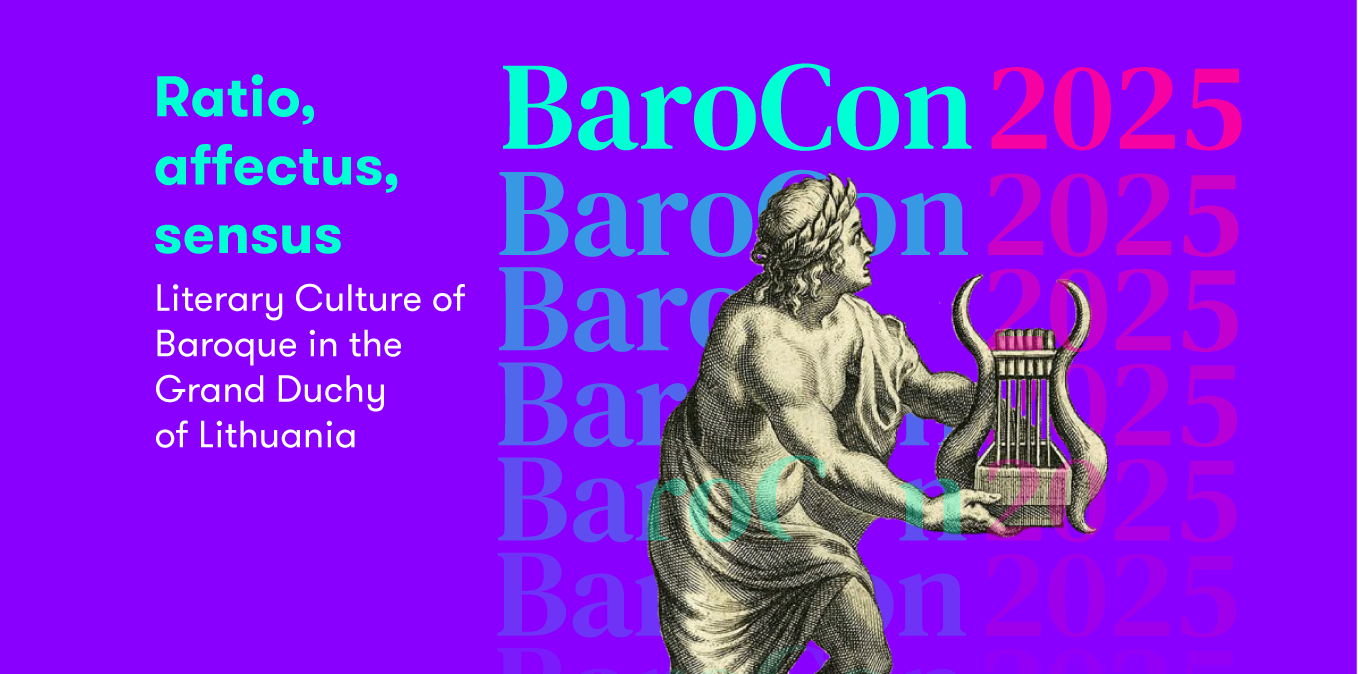
Francis Young
Baroque Epic in the Grand Duchy of Lithuania: James Bennett’s 'Virtus dexterae Domini' (1674)
Francis Young
University of Portsmouth, UK
Baroque Epic in the Grand Duchy of Lithuania: James Bennett’s Virtus dexterae Domini (1674)
Keywords: Epic, Baroque literature, Neo-Latin literature, James Bennett, Grand Duchy of Lithuania
Virtus dexterae Domini (1674) is a Latin of poem of 751 lines in elegiac couplets about the Polish-Lithuanian victory over the Ottomans at the Battle of Khotyn (1673). The poem was publicly attributed to James Bennett, third son of George Bennett, the Scottish-Lithuanian Starosta of Kėdainiai (one of the Lithuanian commanders at the battle). However, given the poem’s length and the tight timeframe for its composition, James Bennett (who had only just enrolled at Vilnius University) may not be the poem’s true author. Virtus dexterae Domini is partly epic, and partly a panegyric in praise of each of the leading Lithuanian participants in the battle; it thus provides a bridge between earlier Lithuanian epics (such as Jan Radwan’s Radivilias (1592)) and the panegyrics, epinicia and naeniae of the 18th century. This paper argues that Virtus dexterae Domini embodies a kind of embryonic Lithuanian nationalism, by concentrating on the achievements of the Lithuanians in a battle jointly fought with the Poles, and by emphasising the Grand Duchy of Lithuania’s status as a patrician res publica where people of diverse backgrounds (including the Scottish Bennetts) could obtain noble citizenship – as well as by the use of the Latin language itself. Virtus dexterae Domini represents the peak of Lithuanian baroque epic, as well as pointing ahead to the emergence of later forms of Lithuanian national identity.